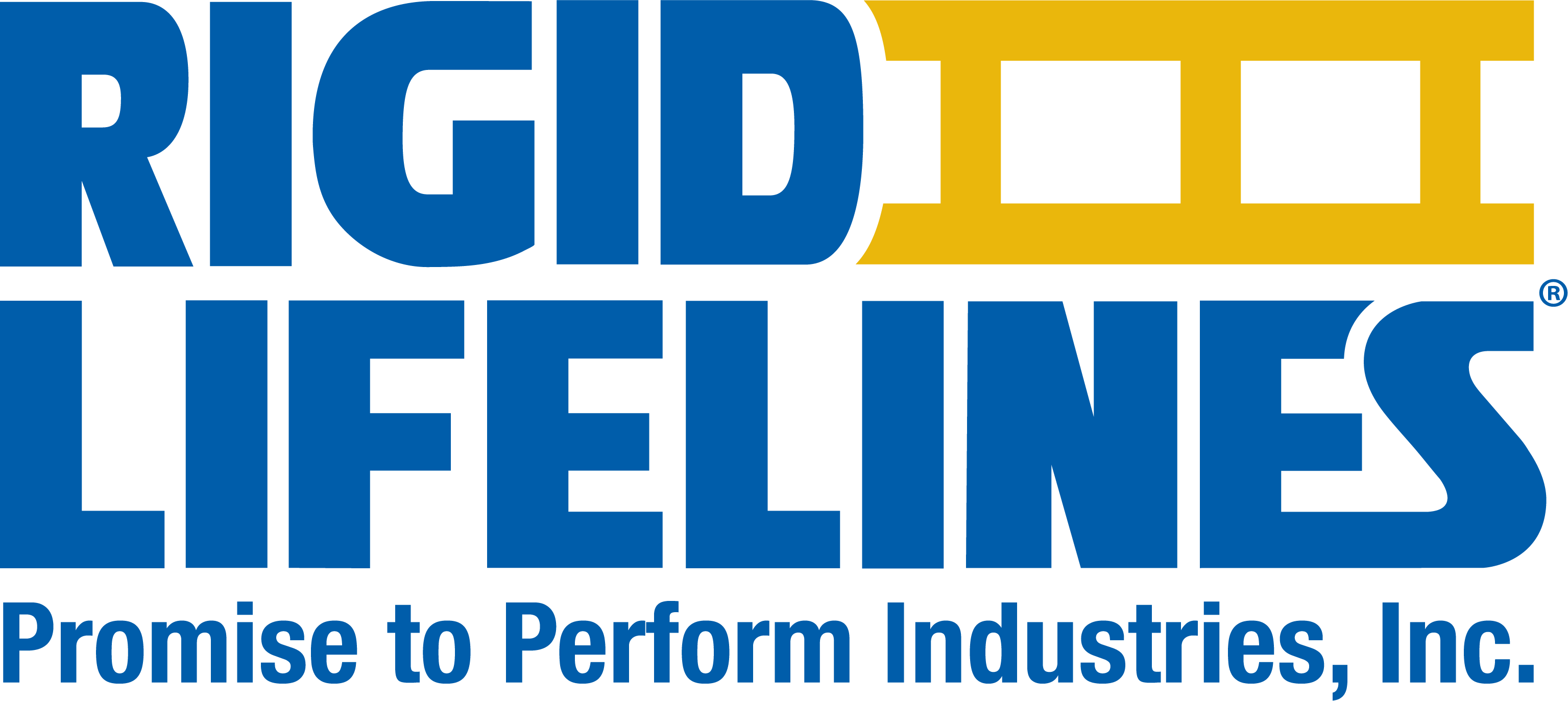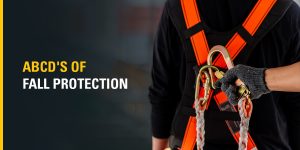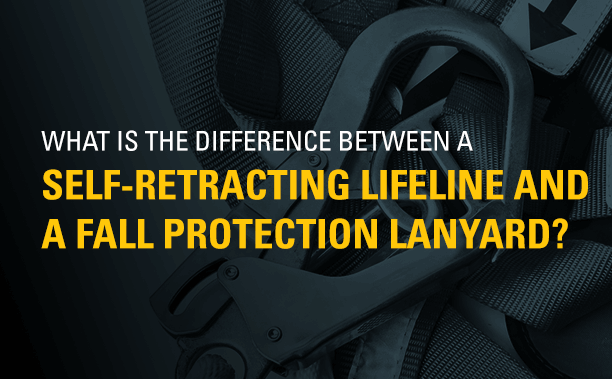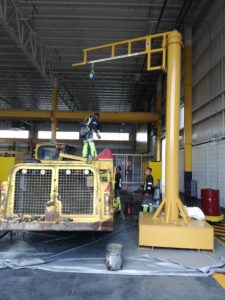Fall Protection Forum
Recent Posts
March 17, 2025
ABCD’s of Fall Protection
Personal fall arrest systems, or PFAS, include anchorage, body support or body…
June 4, 2024
Different Types of Harness Connection Points
Harness attachment points are critical safety features of full-body harnesses — without them, workers would have no way to attach their safety harnesses to the anchor points or fall protection systems. Connection points differ based on safety requirements, and fall protection equipment is only effective when used correctly. A better understanding of the most popular harness connection points and their location and functions helps promote safer full-body harness…
November 17, 2020
What Is the Difference between a Self-Retracting Lifeline and a Fall Protection Lanyard?
Construction sites and manufacturing plants can be hectic, with large teams of…
January 28, 2019
Advantages of Portable Base Swing Arms
One of the fundamentals in fall protection is keeping the worker safe…
July 20, 2017
Stainless Steel vs. Galvanized Steel
This blog was originally posted on 7/20/17 and rewritten on 3/6/24. Whether…
September 15, 2016
Ask Rigid Lifelines: What’s the difference between an engineered system and a non-engineered system?
We receive questions about non-engineered fall protection systems and how they differ from engineered fall protection systems on a regular basis. So, let’s take an in-depth look at their basic differences and the load testing requirements for each. Engineered Fall Protection Systems: An engineered fall protection system is one that…
June 2, 2015
Difference Between Fall Protection for Recreational and Industrial Use
Today, fall protection encompasses many different applications across various industries. Many people think of industrial applications when they hear the term “fall protection,” but other forms of fall protection exist. There are many recreational activities that require fall protection: rock climbing, high-lining, and even hunting, to name just a few….
September 5, 2014
Rooftop Fall Protection: What Are My Options?
Picking out a rooftop fall protection system can be a little overwhelming because most safety personnel know that they need to protect rooftop workers, but they don’t always know what the best solution might be. As a result, some people may feel it’s easier to simply avoid finding a fall…
July 2, 2014
High Elevation Rescue Equipment
Rescuing a worker post fall arrest can be a difficult task. As a result, there are many places where people work at elevation while using a fall protection system, but often there is no plan to get that person if their fall is arrested on the system. One of the…
July 19, 2013
Harness Fitting Part 2: Conditions
In part one of this blog series, we discussed the fact that there are five different factors that can influence the way a fall protection harness fits a worker’s body. Those factors include: the number of adjustment points on a harness, the type of adjustment points on a harness, the…
July 12, 2013
Harness Fitting Part 1: Number & Type of Adjusters
When you’re shopping for something like oven mitts or beach towels, it’s generally safe to believe the tag that reads: “One Size Fits All.” But, when safety managers and other fall protection personnel are researching a full body harness for their employees, it’s critical to remember that “universal” sized harnesses…
May 31, 2013
Harness Materials and Degradation
Full body harnesses have a very significant role in a fall protection system. Although every major part of a fall protection system is important, the full body harness is the part that is closest to the worker and literally connects the worker to the rest of the fall protection system….




